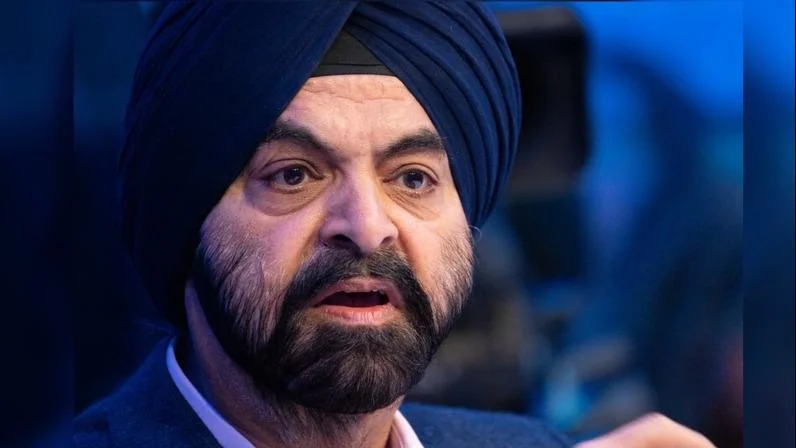As dawn breaks at the Port of Algiers, cranes begin their work over container stacks. A port worker notes the transformation in exports, stating, "A decade ago, 90% of these ships carried oil and gas," as vessels now carry fertilizers, steel coils, and dates.
Algeria is moving away from its reliance on hydrocarbons towards economic diversification. Historically securing over 90% of its export revenue from oil and gas, the nation is shifting to decrease this dependency and draw foreign investments. This shift is underscored by the Algeria Economic Update for the latter half of 2024, with World Bank-supported measures showing results.
Since 2017, non-hydrocarbon exports have tripled, reaching $5.1 billion in 2023, accounting for 2% of GDP. Main exports include fertilizers, steel products, and cement. These are early indications of Algeria's expanding economic base, though further diversification is needed.
The Algerian Port Community System (APCS), launched in July 2021 and developed with World Bank expertise, is key to this shift. This digital platform brings port stakeholders together, reducing cargo clearance times by connecting customs, shipping lines, and exporters. Meriem Ait Ali Slimane, a World Bank Senior Economist, remarks, "The APCS marks a turning point for Algeria’s trade sector." It shows how focused reforms can achieve economic impact.
Algeria’s 2022 Investment Law also plays a critical role, aiming to attract domestic and foreign investors with incentives like tax exemptions and streamlined procedures through the Algerian Investment Promotion Agency (AAPI). AAPI's online platform aids investors, offering digital access to land and information. World Bank support for AAPI included training and advice on foreign direct investment (FDI) and export-focused sectors.
Algeria's agriculture sector, especially in fresh food exports, has progressed. World Bank technical help facilitated market studies and public-private dialogues, notably collecting 800,000 sheepskins in 2018 for the leather industry. Similar initiatives in the industrial sector have included cork and precision mechanics value chain improvements, with capacity-building through study tours and training.
The National Accreditation Agency (ALGERAC) is crucial in ensuring export quality, with World Bank assistance leading to a strategic plan and training. By July 2024, accredited laboratories had increased to 135 from 77 in 2021, necessary for aligning products with global standards to access new markets.
Despite advances, Algeria faces productivity and bureaucratic challenges. The global decarbonization shift, notably under the EU’s Carbon Border Adjustment Mechanism, challenges carbon-intensive exports like fertilizers and cement. Continuing export growth requires productivity boosts, more FDI, and greener industrial processes. World Bank recommendations include carbon pricing adoption, market diversification, and value chain strengthening in renewable energy and IT sectors.
"Algeria holds significant potential to diversify its exports and integrate into global value chains," states Kamel Braham, World Bank Resident Representative in Algeria. The focus now is on addressing structural obstacles and increasing competitiveness.
Collaboration with the World Bank will support Algeria's economic transformation, focusing on digitizing trade, enhancing institutional capabilities, and diversifying exports. The sight of containers filled with steel, cement, and agricultural products at the Port of Algiers symbolizes Algeria’s new economic chapter as the sun sets on its oil and gas-centric past.

